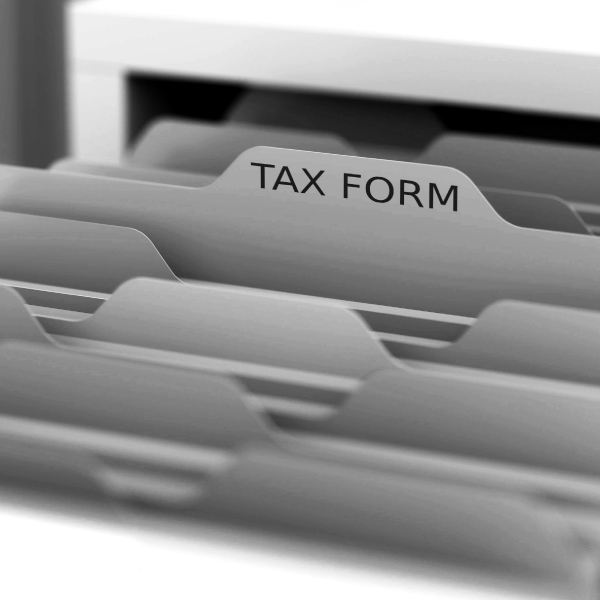Zuma’s Tax Records Must Now Be Shared. Here’s What That Means For Taxpayer Secrecy In SA
A court ruling ordering the SA Revenue Service (SARS) to share the tax records of former president Jacob Zuma with the media may herald the start of the rolling back of the tax agency’s long-held policy of absolute taxpayer secrecy, according to adjunct associate professor Deborah Tickle of the University of Cape Town’s (UCT) Tax […]










